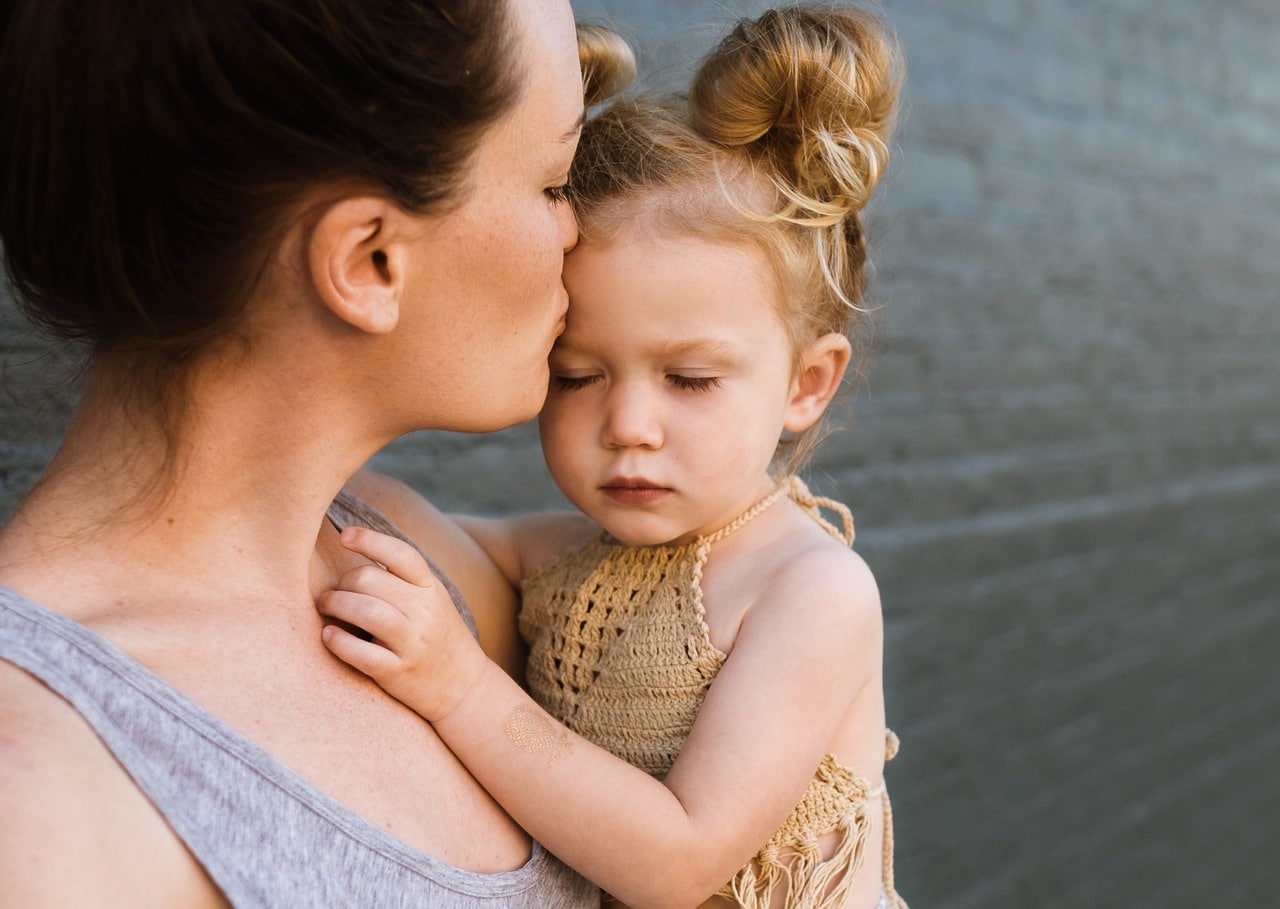Parenting in a changing world poses unique challenges. With new technologies and behaviors, kids may miss out on socialization. Discover the essential elements Harvard psychologists recommend for raising children in this modern era and being a good parent.
1. Quality Time With Your Kids

Merely being present isn’t sufficient; wholehearted presence is crucial when spending time with your children. No gadget can replace the profound parent-child connection. Engage in communication, attentive listening, and shared activities to nurture empathy. While addressing their concerns, avoid taking sides, allowing them to grow and learn from their perspectives.
2. Aa a Parent, You Should Be a Strong Role Model

Your child will look up to you, but only if you earn their respect. By doing this, you are showing your child that you are as human as you can be, and that comes with flaws.
3. Teach Your Kids to Care for Others

Nurturing your child’s future involves instilling empathy. Prioritize demonstrating and discussing the value of caring for others. Encourage doing what’s right, even in challenging situations. Remind them that regardless of age, there will always be individuals in need of their support, often unbeknownst to them.
4. Encourage Appreciation and Gratitude

Encourage a healthy mindset in your child by avoiding spoiling them. Teaching gratitude cultivates generosity, helpfulness, compassion, and forgiveness.
5. Parenting Means to Paint the Bigger Picture

Encouraging empathy in children can be challenging. While they naturally empathize with close ones, expanding their circle of concern is vital. This means considering new classmates, schoolmates, and those with different backgrounds. Teaching kids how their actions impact others beyond their immediate circle fosters empathy and understanding.
6. Support the Shy Ones

Supporting children and their common traits is crucial. Encouraging them to step out of their comfort zone while respecting their nature is key.
7. As a Parent, You Should Live in the Moment, Too.

While older kids excel in self-expression, younger children may struggle with vocabulary. By labeling emotions appropriately, parents can aid their child’s emotional understanding and learning.
9. Slow Things Down

Amid a hectic life, it’s important to create moments of uninterrupted connection with your children. Prioritize quality time, whether it’s a trip to the grocery store or a soothing bedtime routine. Slow down, cherish these moments, and strengthen your bond.
10. Parenting 101: Keep Calm

Parenting can be challenging, but avoid yelling at your children. While raising your voice is okay, it’s important to teach them that anger shouldn’t lead to disrespect and yelling in conversations.
Do you find being a parent difficult? What other things would you suggest to implement to raise good and happy kids? Let us know in the comments.
